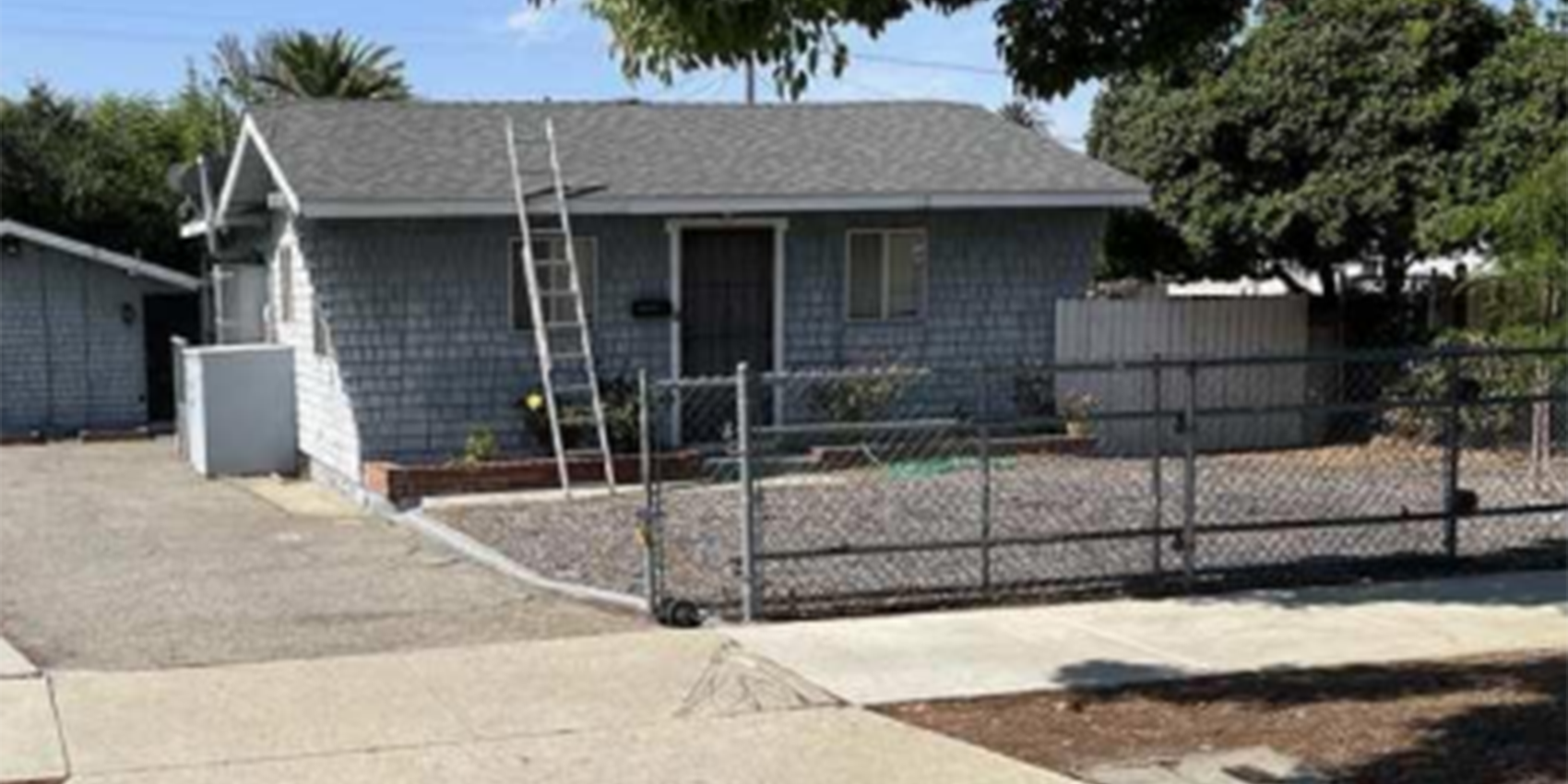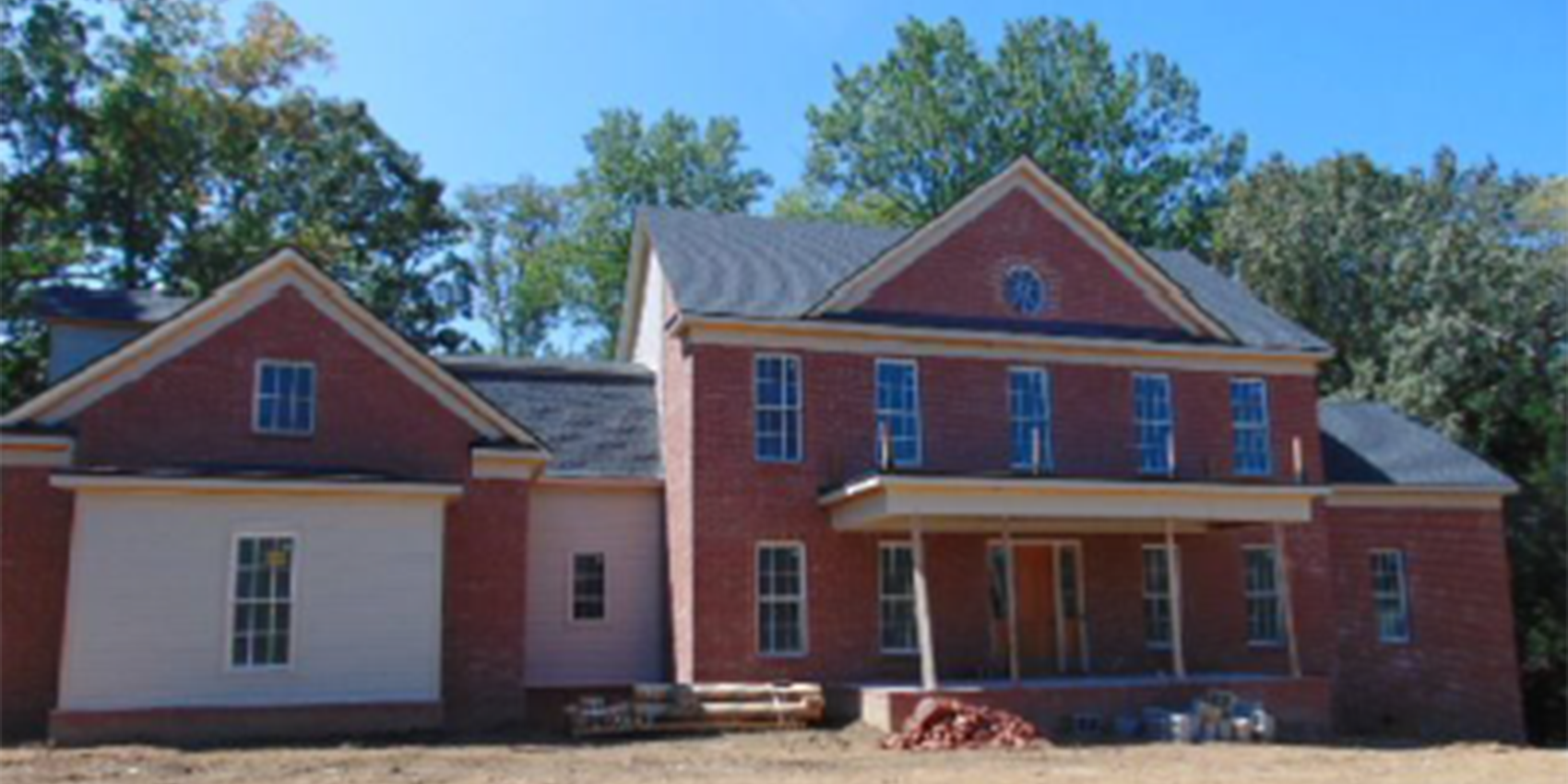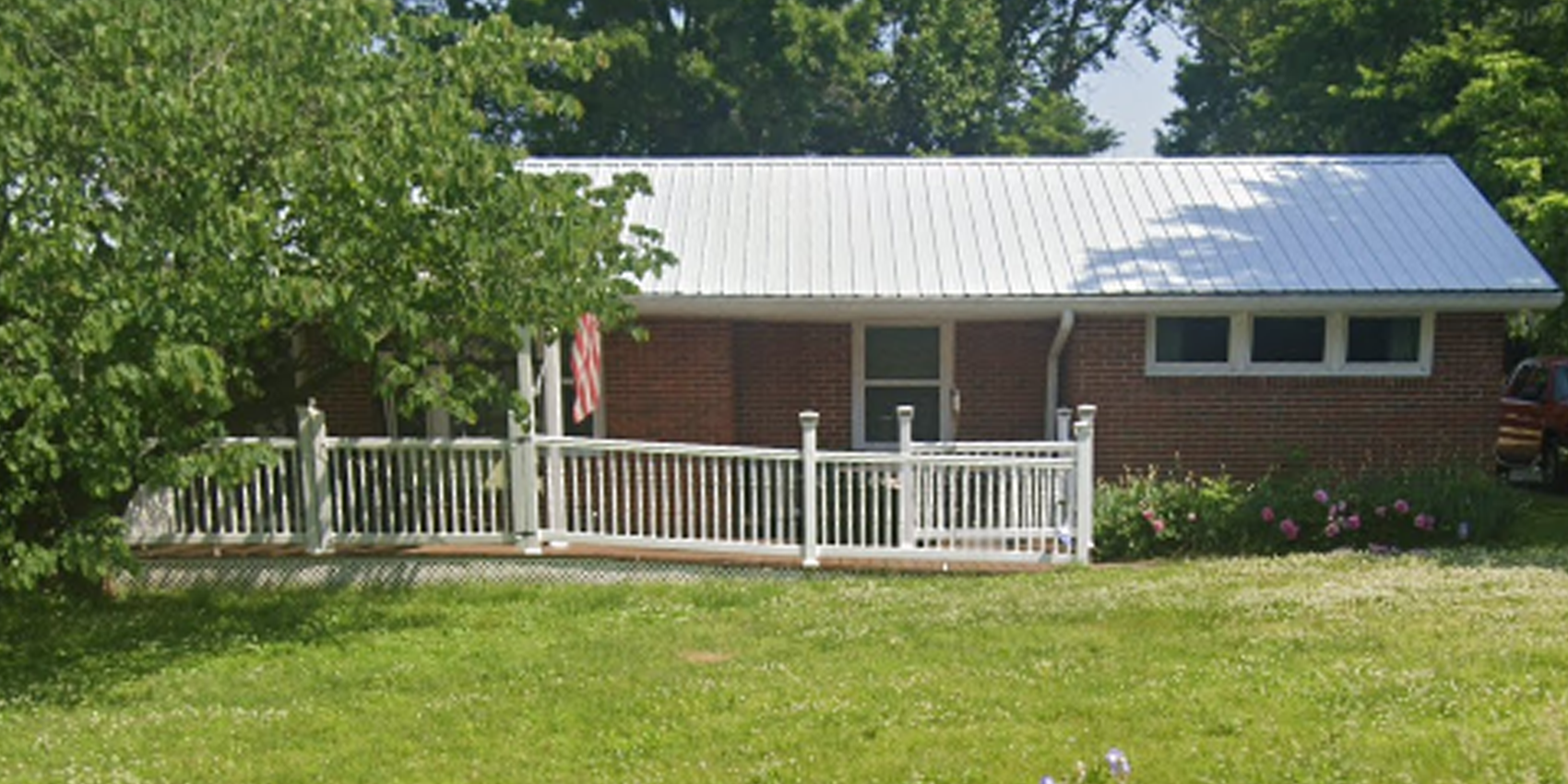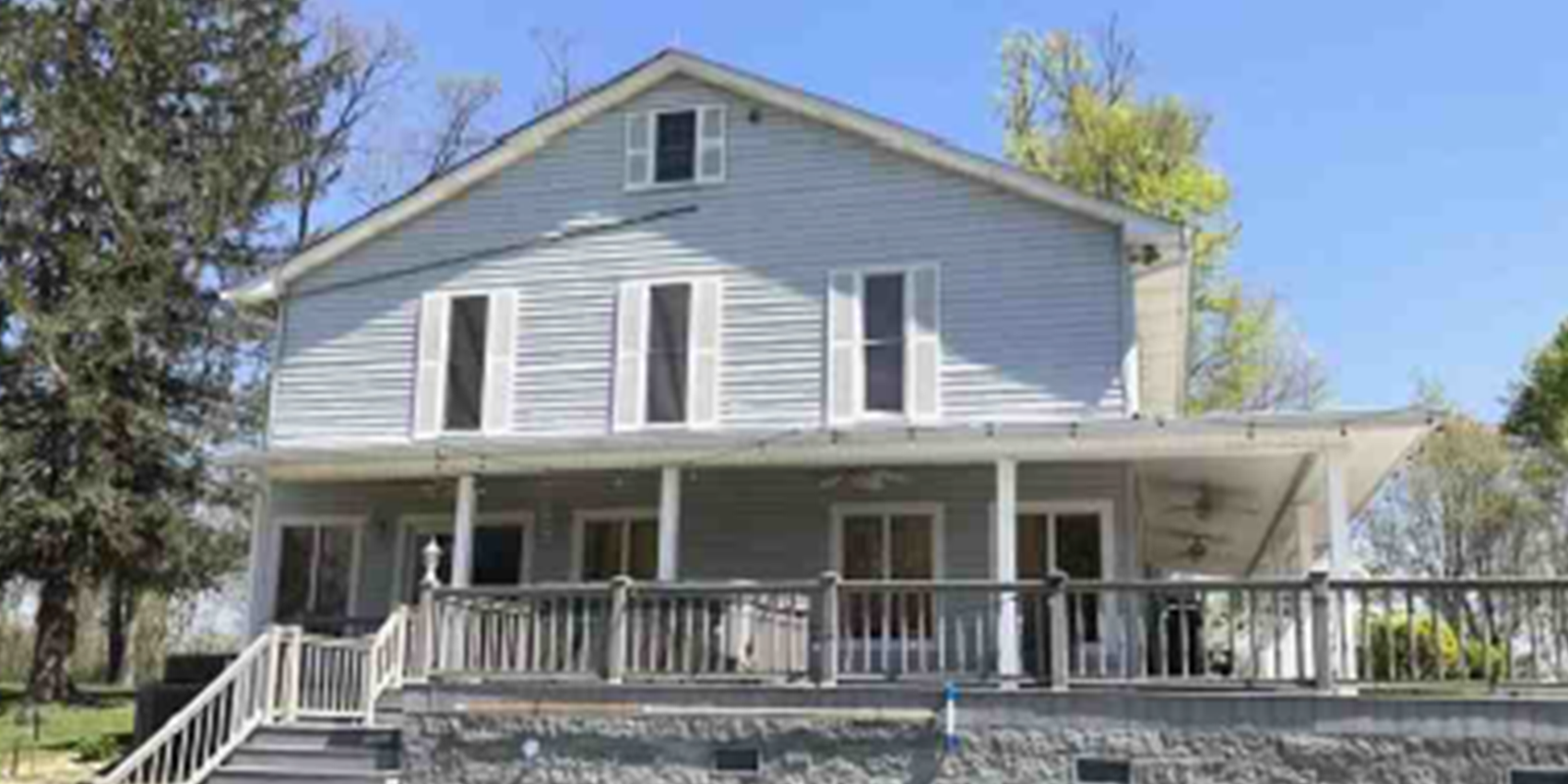You may remember we talked about debt funding a couple of weeks ago, and about how it is worth looking into right now. Let’s get some background on what Paradyme is doing with debt funding.
Paradyme’s Income Fund is a $100 million real estate fund created to make opportunistic investments as a Limited Partner (LP) on residential and commercial real estate. The company targets properties of $10 million or less—an area chiefly ignored by larger funds and one that can be profitable as a diverse portfolio that protects the investor’s downside risk. Most properties are in southern California, although up to 50% of the portfolio may be acquired nationwide.
Paradyme’s Income Fund operates as a first trust deed lien holder (Lender) on assets that can be repositioned with appropriate renovation (and/or construction) and professional management. The business model includes income producing properties as well. Paradyme also provides financing for ground up construction on new developments. The fund has been designed to have a 7.2% annual ROI to the investor, paid quarterly.

So, what’s happening now? Paradyme believes that the demand for the Fund’s products are substantial and sustainable because of these 10 points:
- Many providers of debt financing are extremely limited in their investment parameters and unable to provide flexibility.
- Although liquidity has returned to a small subset of real estate assets, there remains a substantial “funding gap” as the competitive landscape was decimated during the recent recession and many of those competitors continue to be impaired or permanently out of the market.
- Smaller players in the $812 billion global private lending market are seeing a jump in demand as the meltdown in business from the virus roils global credit markets and overloads traditional financing.
- In the U.S., pure direct lending firms are getting many calls. But too big to adapt quickly amid chaos they’re sitting on the sidelines to assess the damage to existing borrowers. Opportunistic firms with flexible capital to lend to distressed companies at steeper discounts are being more active.
- During March and April this year, according to Built Technologies (which provides lenders with real-time data on their construction portfolios), over $4 billion worth of construction loans – out of a total of $17.6 billion the company surveils – cover residential and commercial properties in locations where building has halted.
- Halted construction projects make up 16% of the over 29,500 loans in Built’s system. Both impacted loan volumes and counts grew with about 5% in less than a week since April 1. “It’s a pretty significant impact,” says Jim Fraser, Built’s director of commercial real estate strategy.
- Commercial Mortgage-Backed Securities (CMBS) and construction lending have been the two most impacted sectors during the pandemic. Lenders in these two categories have slowed activity significantly. In CMBS, the market had a lot of exposure to both the retail and hospitality markets. Construction lenders, on the other hand, are moving forward with extreme caution.
- “The CMBS market has certainly been impacted by COVID-19, and although was on hiatus the last few months, new portfolios are now being assembled and expected to be securitized within the next 60 days,” Stephen Stein, managing partner at Tauro Capital Advisors, tells GlobeSt.com.
- On the construction lending side, lenders are taking a more conservative approach. “We are seeing many banks and traditional lenders take a more conservative approach to their underwriting when it comes to construction deals. Lenders are more than ever focused on sponsorship, tenants and collections through the pandemic,” says Stein.
- Borrowers are worried that banks will not close by deadlines due to market stress and risk aversion and in some sectors such as resources and construction, banks are closed for lending and likely offloading loans at discounts to lenders like us,” said the founder of Third Eye Capital Management Inc., which manages C$2.5 billion in private credit and is working to raise a new C$1 billion fund.
It is clear that there is a window of time for the foreseeable future where there will be high demand for construction loans at a time when institutional money is tightening up considerably coupled with a limited supply of private lenders with the experience to facilitate such loans. Paradyme believes that it can provide attractive returns relative to real estate debt investments while taking less risk in the capital stack and provide better risk mitigation than other debt funds by directly originating loans in high quality assets with reputable sponsors. Paradyme believes that this is achievable due to a favorable supply-demand imbalance for capital as well as a custom debt product and service to its borrowing clients.

For a more in-depth thesis on Paradyme’s Income Fund, please call us today and we’ll happily send you more information.







